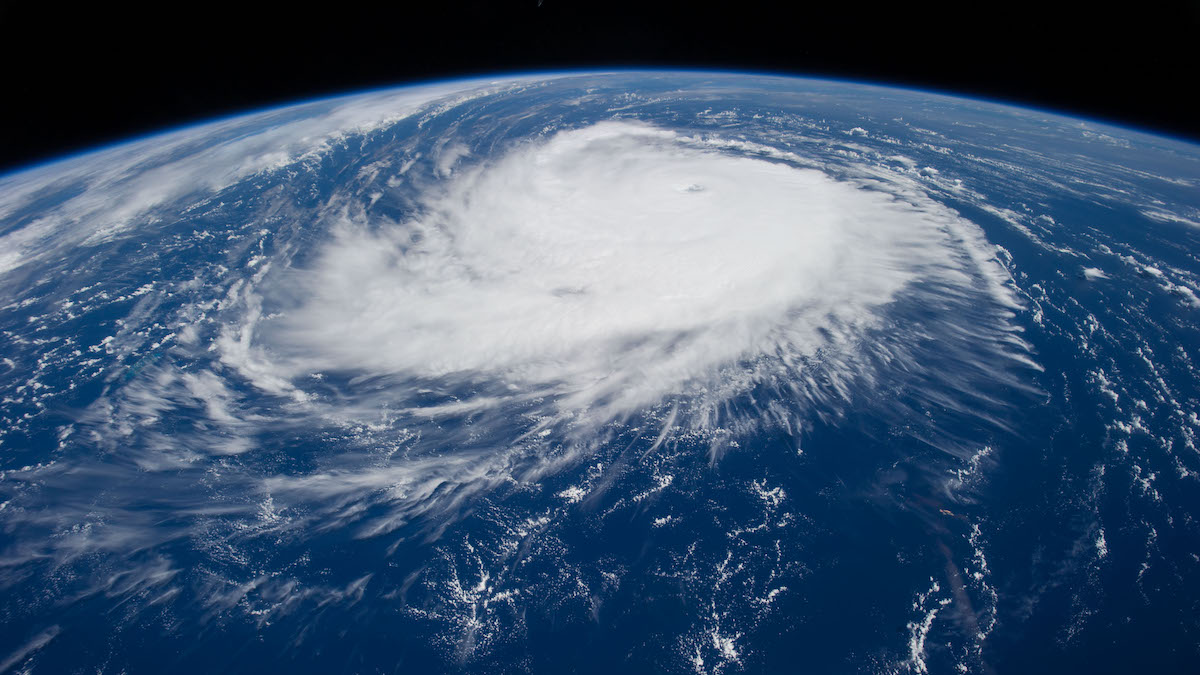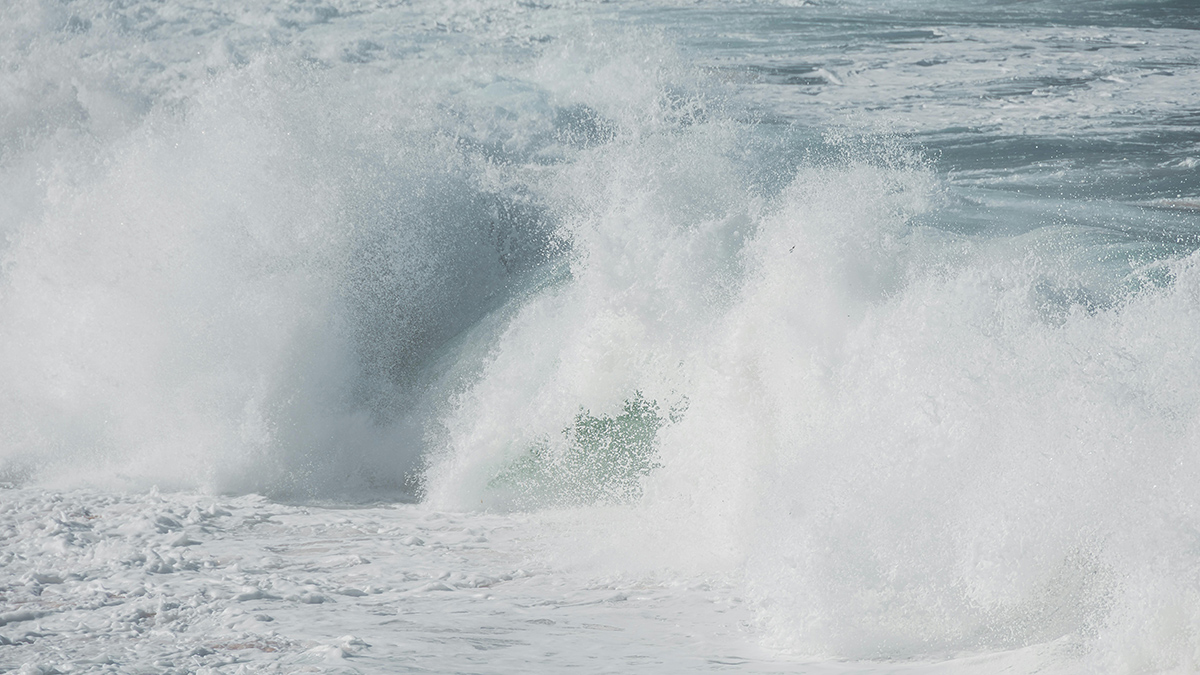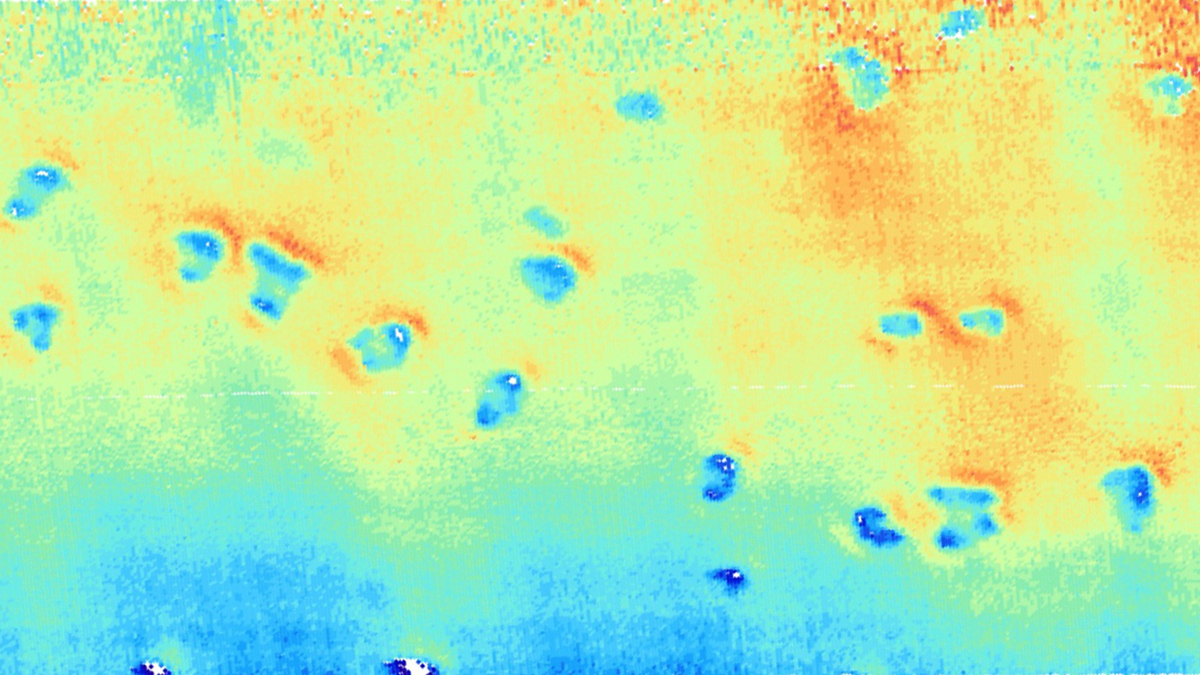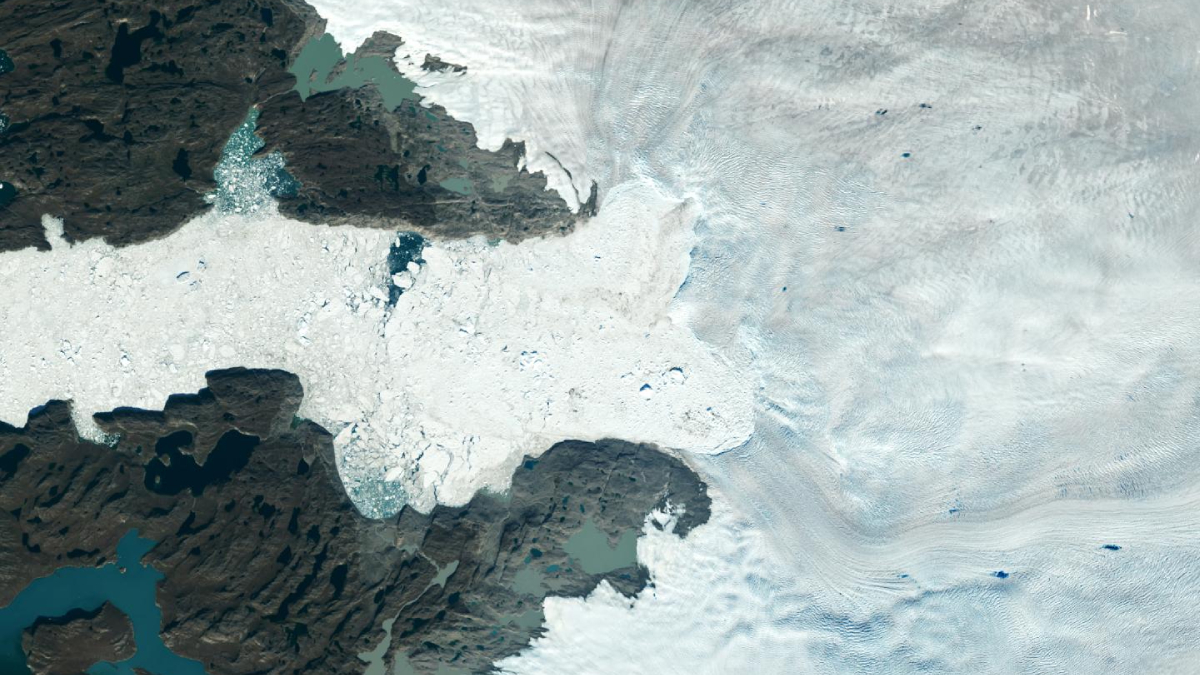Tracing anthropogenic radionuclides shows researchers how water from the Atlantic flows into and mingles with Arctic currents.
Atlantic Ocean
2024 Could Be Among Most Active Hurricane Seasons Ever
A new NOAA report predicts an extraordinarily active Atlantic hurricane season spurred by record ocean temperatures and a shift to La Niña conditions.
Ocean Waves Mist Decades-Old PFAS into the Atmosphere
“Forever chemicals” enter the air as sea spray aerosols, polluting coastlines and beyond.
Melting Ice in the Polar North Drives Weather in Europe
Influxes of meltwater into the North Atlantic eventually lead to warmer and drier conditions over Europe.
What’s Hot in Iceland? A Close Up View of Hotspot-Ridge Interaction
New seafloor magnetic data help scientists retrace the evolution of the Reykjanes Ridge, lending insights into the effects of a mantle plume on mid-ocean ridge organization and evolution.
Scientists Quantify Blue Carbon in Bahamas Seagrass
The island nation’s underwater fields store huge reserves of carbon, though not as much as scientists thought.
A Long-Lost Tropical Island Lies Off Brazil’s Coast
An undersea volcanic plateau in the southwestern Atlantic was a tropical island 45 million years ago.
Mysterious Seafloor Pits May Be Made on Porpoise
Some shallow seafloor depressions off the coast of Germany that look like those associated with methane might instead be the work of porpoises.
How Did We Miss 20% of Greenland’s Ice Loss?
The ice loss was hidden in places existing monitoring methods can’t reach, such as hard-to-map fjords. Machine learning helped scientist revise mass loss estimates and uncover patterns in glacial retreat.
Measuring Link Between the Chemistry and Physics of the Atmosphere
A new study sheds light on the coupling between the chemical composition and the physical properties of the atmosphere.










